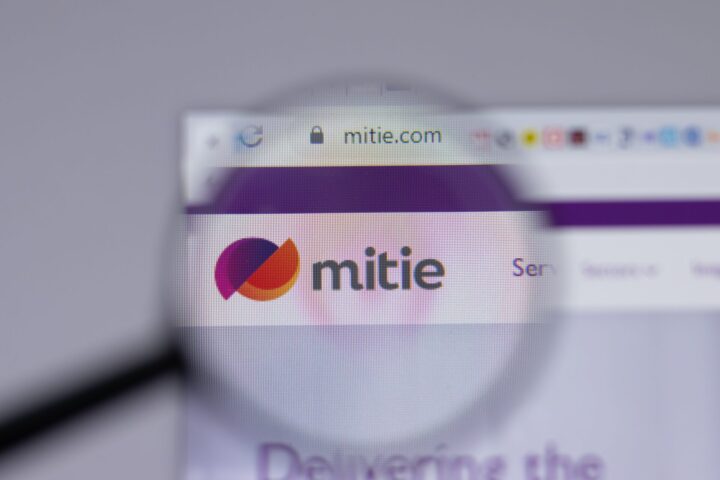Gen Z and Millennials in the UK put financial freedom ahead of moving into senior leadership roles, according to research from Deloitte.
Deloitte’s 2025 Gen Z and Millennial survey found that just 4% of Gen Z and 7% of Millennials said their main career goal was to reach a senior leadership position.
Financial independence was ranked top by 21% of Gen Z and 18% of Millennials, while work-life balance was the main goal for 18% of Gen Z and 20% of Millennials.
Nearly half of Gen Z (49%) and 43% of Millennials in the UK reported feeling stressed or anxious all or most of the time, with long-term financial worries named as a main reason by 41% of Gen Z and 35% of Millennials.
Additionally, data showed that day-to-day money concerns affected 40% of Gen Z and 38% of Millennials who reported stress.
Other top causes were family or personal relationships and mental health.
A sense of purpose at work was rated as important for job satisfaction and wellbeing by 88% of Gen Z and 92% of Millennials in the UK.
More than half of Gen Z (52%) and half of Millennials (50%) said they had left a job due to lack of purpose.
Fewer UK respondents said they rejected employers based on personal ethics or beliefs compared to the global average.
Kate Sweeney, partner in human capital at Deloitte UK, said: “Gen Zs and Millennials are clear about their workplace priorities: they seek employers whose values align with their own.
“For most, career satisfaction isn’t about climbing the traditional corporate ladder, which suggests a redefinition of success.
“To attract and retain Gen Z and Millennial talent, employers must adapt their leadership development and career progression models, offering more diverse and fulfilling options.”
The survey also showed that generative AI was reported to have improved the quality of work for 71% of Gen Z and 78% of Millennials in the UK.
Over three-quarters said it helped free up time and improve work-life balance.
Around one in six Gen Z (16%) and one in five Millennials (20%) have already completed GenAI training in the UK, with a third planning to do so in the next year.
Daily use of GenAI was slightly lower among Gen Z in the UK compared to global figures.
Sweeney added: “Both generations view Generative AI as a powerful tool with the potential to reshape the workplace, a perspective underscored by their clear desire to acquire relevant skills.
“This presents a crucial opportunity for employers to invest in AI training programmes, not only to meet the evolving demands of the workplace, but to encourage continuous learning.”
















